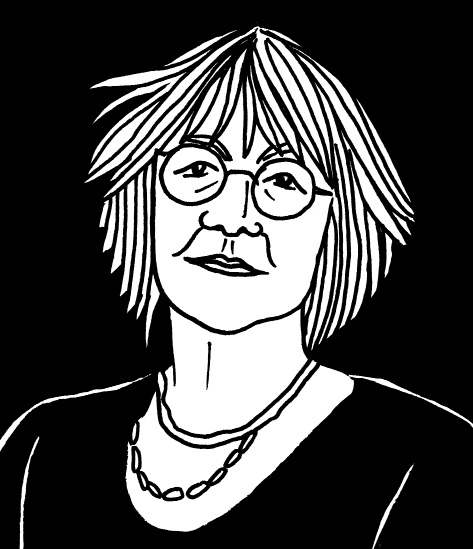About 8,000 conscientious objectors were forced into the British army during the First World War, either into the non-combatant corps (NCC) or into combatant regiments. Most adopted a strategy of nonviolent resistance, refusing to put on uniforms, drill or obey any military orders. The army’s reaction varied: some commanding officers tried to reason with objectors; others reacted with verbal and physical abuse, using any means, however brutal, to try and force objectors to become soldiers.
Conscientious objectors (COs) were harassed, bullied and beaten; many were thrown into damp, freezing punishment cells, kept in irons and on half rations. They were dragged around parade grounds, dunked in water, placed in sodden pits or left in freezing conditions dressed only in vest and pants with their uniforms next to them. But they continued to resist.
Desperate measures
Infuriated by this continuing resistance, in early summer 1916, the army decided on its ultimate sanction: the death penalty. For this to be carried out, however, COs would have to be sent to France. The operation took place in secret; initially, not even the British government knew what was happening.
Between 7–28 May, 50 conscientious objectors were transferred from punishment cells and taken in handcuffs by train to Southampton and from there to northern France. They were transported in groups: 17 from Harwich Redoubt; 16 from Richmond Castle, Yorkshire; eight from Kinmel Park, Abergele; and nine from Seaford Camp, Sussex.
The men knew the death penalty might be waiting for them. Harry Stanton, one of the Harwich objectors recorded how the colonel had told him that instead of being court martialled locally, he was to be sent to France, where, according to his guards, ‘we should “soon be pushing the daisies up”…’
Crucified
Even so, once in Le Havre the objectors continued their resistance. On 10 May, the 17 Harwich men were sent out onto a huge parade ground containing rows of soldiers. On the order ‘right turn, quick march’, the soldiers marched off briskly but the COs refused to move. According to Alfred Evans, ‘We were dragged off. But for a short time it must have been an amazing sight to see this small group of us scattered motionless over the parade ground.’
The army’s reaction was swift and brutal; as resistance continued, objectors were subjected to a variety of punishments, the most vicious being Field Punishment No 1, otherwise known as ‘crucifixion’, whereby a man was handcuffed and strapped, hands behind him, to a fixed object: a gun carriage wheel, tree, or tent pole. The punishment lasted two hours. For tall men, it was almost bearable, though wrists became numb; shorter men were forced to stand on their toes to relieve their arms of the weight of their bodies.
Sentenced to death
Now the army upped the ante. During the first half of June, the objectors were court-martialled, and, on 15 June, the first four were taken out onto the parade ground at Henriville Camp, Boulogne, to hear their sentences.
As the first objector was brought forward, the adjutant read out the sentence: ‘…for disobedience while undergoing field punishment. Sentenced to death by being shot. Confirmed by sir Douglas Haig’. One CO, Howard Marten, later commented: ‘One thought “Well, that’s that”.’ There was a long pause and then the adjutant continued: ‘…and commuted to 10 years’ penal servitude’.
A complete failure
In all, 35 of the 50 objectors, dubbed ‘The Frenchmen’, were marched out onto the parade ground, sentenced to death, commuted to 10 years’ hard labour. According to Quaker Hubert Peet, it marked ‘the crest of the wave in the efforts of the military authorities to break the [CO] movement’ – and it failed completely.
Far from being intimidated, COs demonstrated that they were prepared to die for their principles, something the authorities had not anticipated. The resolve and comradeship of the objectors were also strengthened.
One later wrote: ‘As I stood listening to the sentences of the rest of our party, the feeling of joy and triumph surged up within me, and I felt proud to have the privilege of being one of that small company of C.O.s testifying to a truth which the world as yet had not grasped, but which it would one day treasure as a most precious inheritance.’


